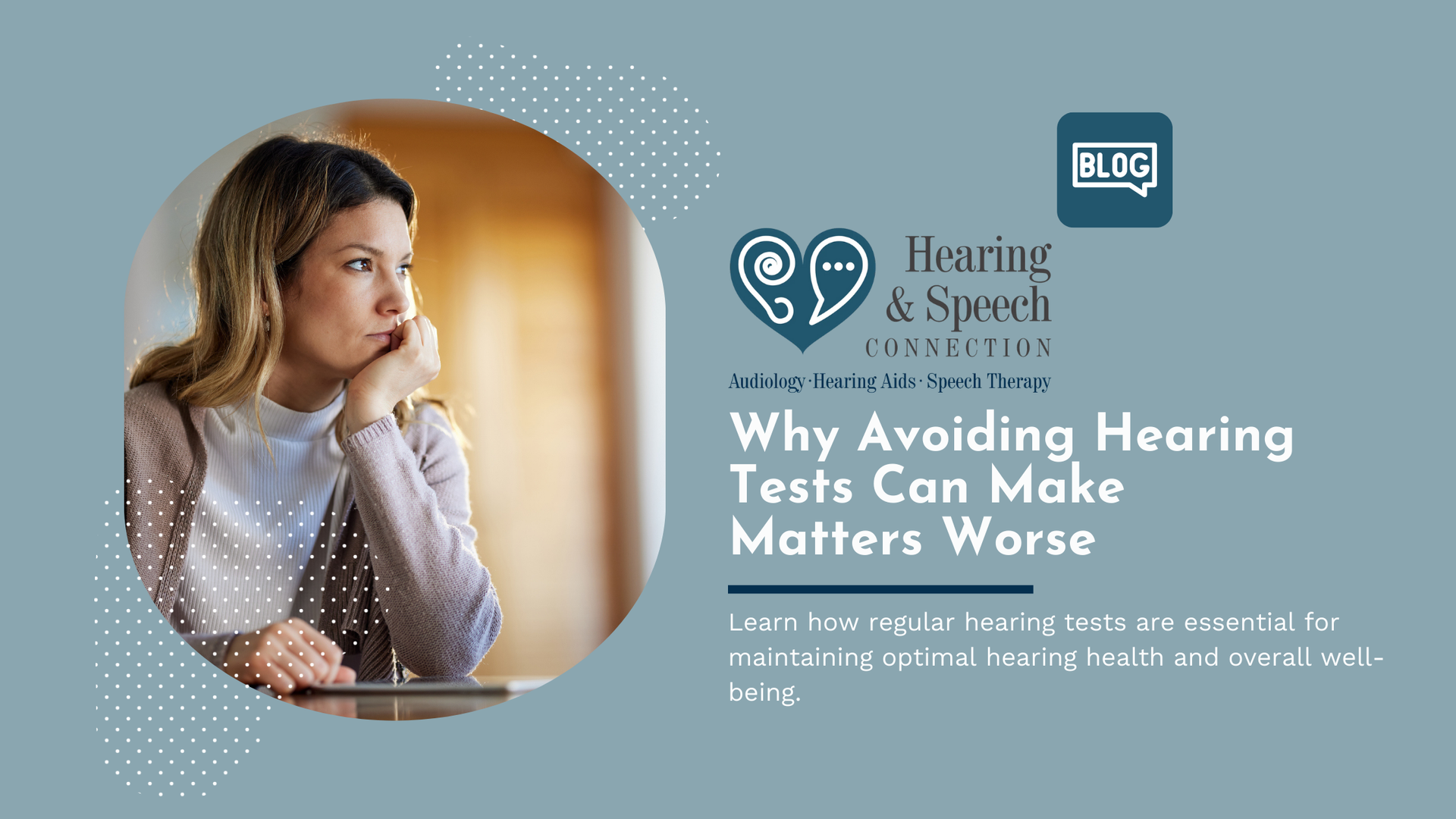How Hearing and Mental Health Are Connected
Hearing and mental health share a profound relationship, one that often goes unrecognized in mainstream discourse. While the impact of hearing loss on communication is widely acknowledged, its repercussions on mental well-being are equally significant. In this blog, we'll delve into the intricate connection between hearing and mental health, exploring how hearing loss can affect mood, cognition, and overall quality of life.
Understanding the Link
The nexus between hearing and mental health is rooted in the pivotal role hearing plays in our daily lives. Our ability to hear facilitates communication, fosters social connections, and enables us to engage meaningfully with the world around us. Consequently, when hearing is compromised, whether due to age-related hearing loss, noise exposure, or other factors, the ramifications on mental well-being can be profound.
Impact on Emotional Well-Being
The emotional toll of hearing loss cannot be overstated. Individuals grappling with untreated hearing loss often experience heightened levels of stress, frustration, and anxiety. Struggling to follow conversations, particularly in noisy environments, can lead to feelings of inadequacy and isolation. Over time, these negative emotions can erode one's mental health, contributing to a sense of loneliness and depression.
Cognitive Decline and Hearing Loss
Emerging research has shed light on the correlation between hearing loss and cognitive decline. Studies indicate that individuals with untreated hearing loss are at a higher risk of developing cognitive impairments, including dementia and Alzheimer's disease. The cognitive strain of constantly straining to hear and comprehend speech may exacerbate brain function changes over time, underscoring the urgency of addressing hearing loss promptly.
Social Isolation and Loneliness
Untreated hearing loss often precipitates social isolation and loneliness, further exacerbating its impact on mental health. Difficulty participating in group conversations or engaging in social activities can lead individuals to withdraw from social interactions, perpetuating a cycle of loneliness and decline. Addressing hearing loss proactively is paramount in breaking this cycle and fostering meaningful social connections.
Seeking Support and Solutions
Thankfully, there are avenues available for individuals grappling with hearing loss to seek support and solutions. Scheduling a comprehensive hearing health exam with a qualified provider is the first step toward addressing hearing loss effectively. Based on the findings of the exam, appropriate interventions such as hearing aids or assistive listening devices can be recommended to enhance communication and quality of life.
Embracing a Holistic Approach
In addition to addressing hearing loss, adopting a holistic approach to mental well-being is imperative. Engaging in activities that promote emotional resilience, such as regular exercise, mindfulness practices, and maintaining social connections, can mitigate the adverse effects of hearing loss on mental health. Seeking support from mental health professionals or participating in support groups can also provide invaluable resources for navigating the emotional challenges associated with hearing loss.
By recognizing the profound impact of hearing loss on emotional well-being, cognitive function, and social interactions, individuals can take proactive steps to safeguard their mental health and enhance their overall quality of life.



All Rights Reserved | Hearing Connection
